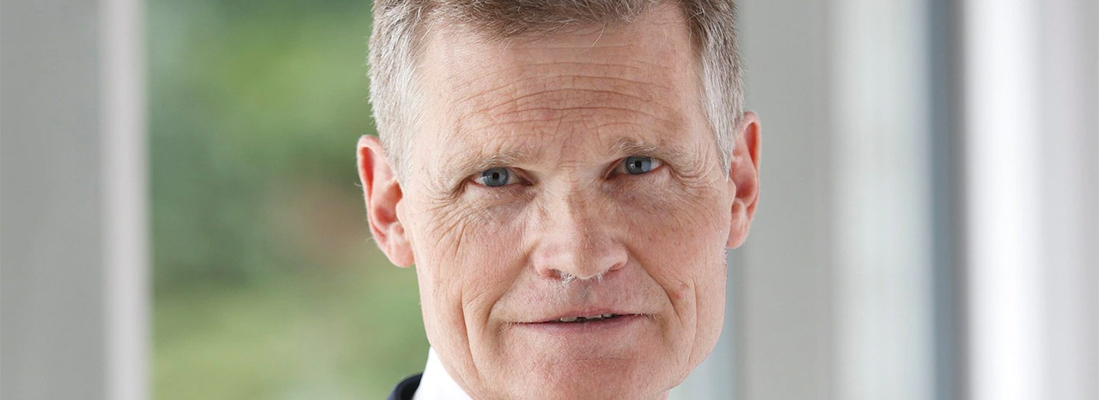Mohamed Amersi in a wide-ranging discussion with Sir John Bell on Covid 19
Mohamed Amersi had the pleasure of engaging with Sir John Bell.Professor Sir John Bell is Regius Professor of Medicine at the University of Oxford, and responsible for the UK government’s antibody testing program.
The conversation flowed as both Mohamed and Sir John Bell shared their observations and learnings of the covid-19 pandemic and crisis response, drawing on their deep background and understanding of medicine, society, pharmaceuticals, multilateral organisations, politics and data and culminating in the vaccine development process so far. Through the carefully moderated conversation, a number of learnings and honest reflections were revealed, to determine how to achieve a pathway towards inclusive vs. exclusive progress.
Four key reflections include:
1. Data is a real weakness in the global response
Data protection concerns have interrupted the opportunity for data alignment across borders. A collective inability to connect data systems and to encourage streamlined data interpretation has weakened scientists’ ability to effectively understand the situation. Most countries appear to be underestimating the real number of covid deaths because of the complexities involved in measuring related excess mortality cases and due to a declining culture of post-mortems.
Ethical and objective data interpretation is critical to analyse data objectively, eliminating bias and misinterpretation. Unfortunately data is at risk of being compromised due to the underlying landscape of political motivations and incentives. For example, the national R rate is distorted and not an accurate representation of the situation because of the different methods used to measure local R rates, making it harder to calculate national averages.
We are also witnessing signs of the Ostrich Syndrome, given that the hard truth is not easy to accept. One can observe this across both Brazil and the US, where there is a preference to ‘turn a blind eye’ to the data by resisting testing, and avoiding disclosure to avoid facing the reality of the situation at hand.
2. Covid-19 represents a complex problem, for which we need a multi-pronged approach
Whilst vaccine trials are in progress around the world, the timelines we are hoping for will be unprecedented. As such, vaccine development should be considered alongside therapeutics, which could offer equally important outcomes.
3. There is a need for urgent reform across the UN and WTO
Both the UN and WTO, legacy multilateral organisations appear increasingly powerless and unable to achieve global co-operation. Mohamed shared a bold provocation on the need for reform across these global multilateral institutions to remain relevant and fulfill their goals in the shifting global landscape of old vs new power.
4. A global call to action towards an equitable distribution of a Covid-19 vaccine
Both the UK and the US are revealing a clear bias towards a nationalistic approach. To defeat COVID-19, the world must manufacture 3 – 3.5 billion doses of a vaccine once it is discovered, an unprecedented amount for any treatment. The world must turn towards entities such as Gavi, the Vaccine Alliance and The Coalition for Epidemic Preparedness Innovations (CEPI), who represent increasingly important actors in influencing a more inclusive global response.
To hear a recording of the conversation between Mohamed Amersi and Sir John Bell, contact us for further details.

